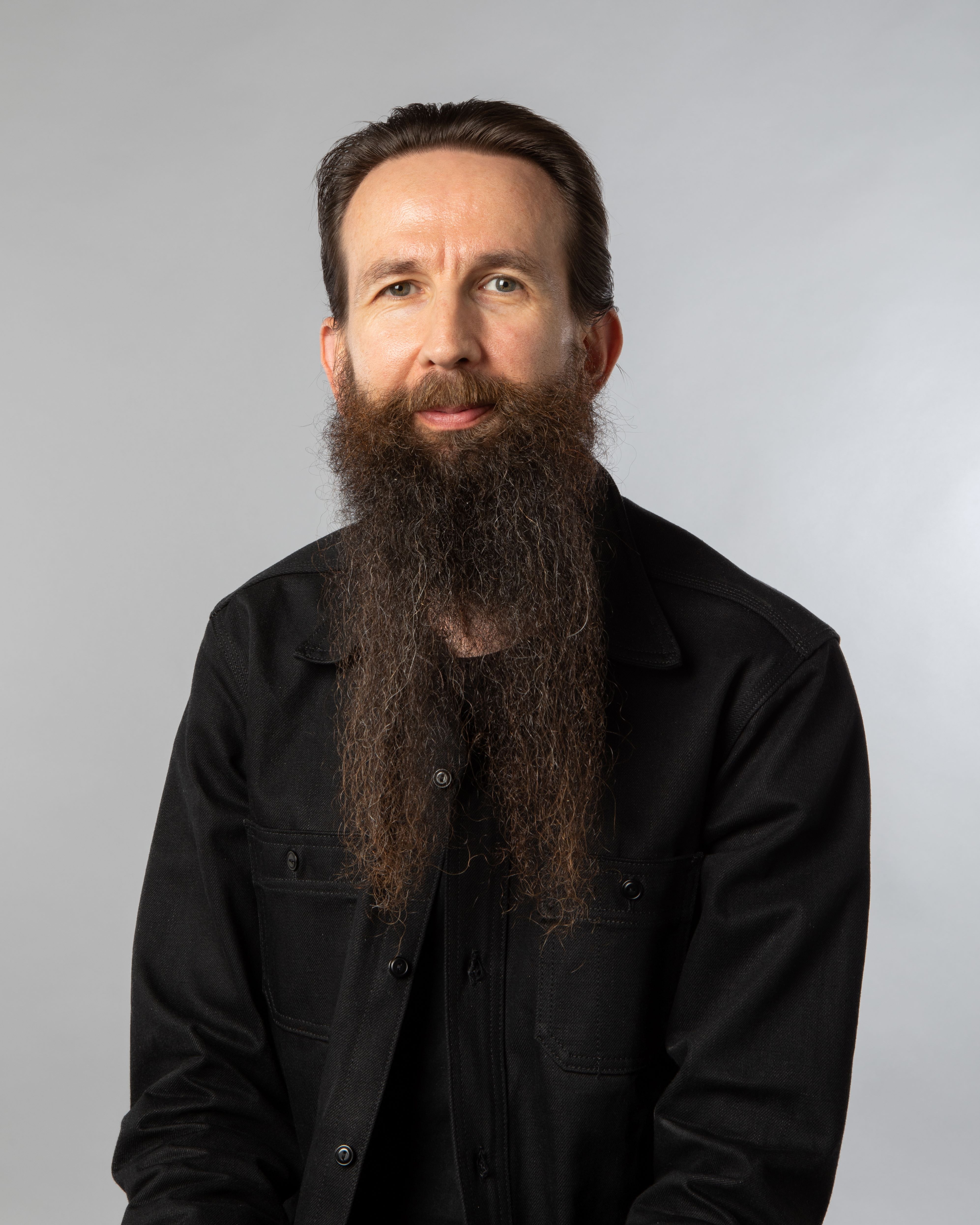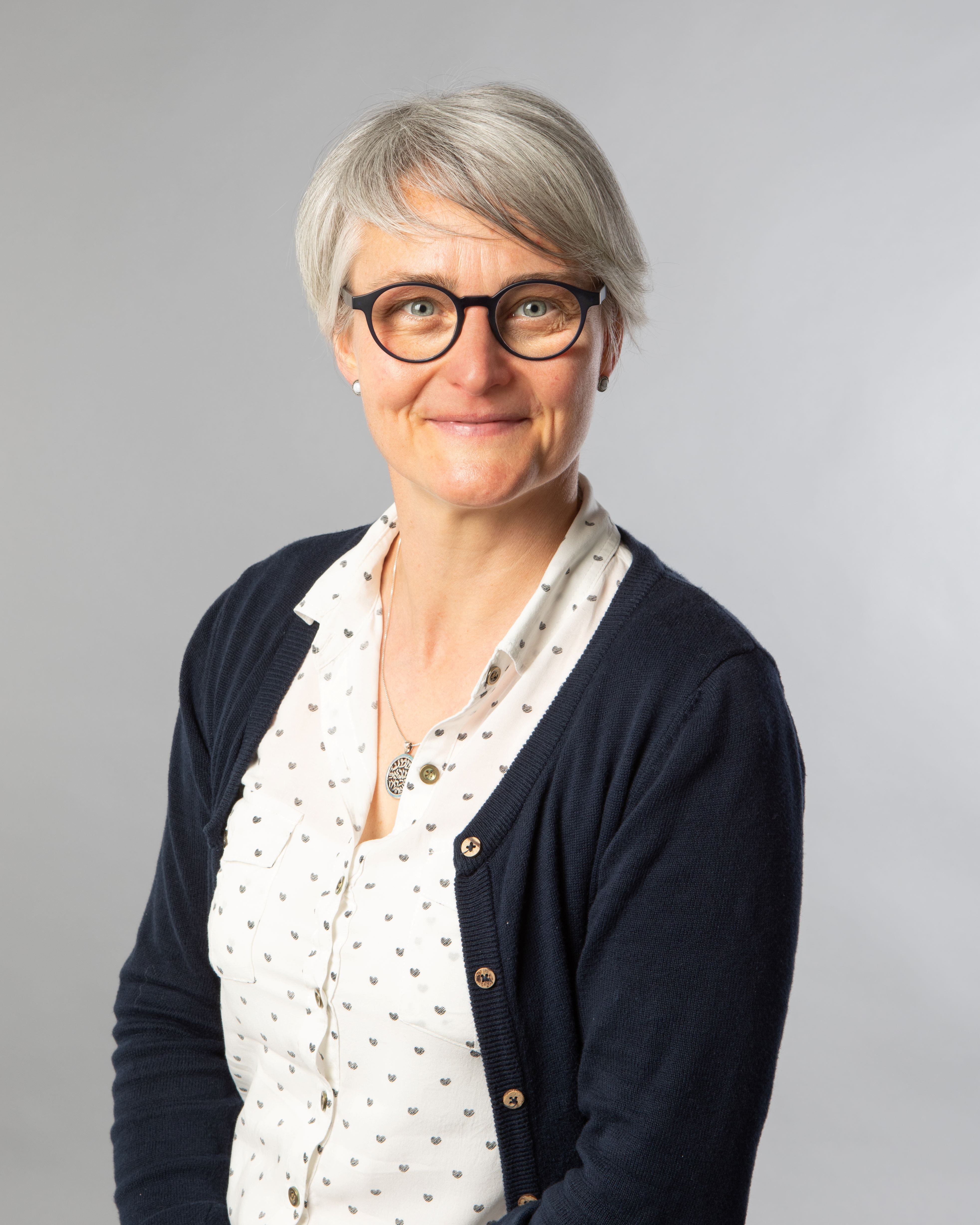Research Theme Members
Areas of Expertise
Digital twins, dynamic systems modelling, applied mechanics, computational methods, and system identification, as applied to a broad range of areas.
Research Interests
Structural and earthquake engineering and resilience, structural health monitoring (SHM), system identification of dynamic systems models in physiology, health, and robotics, energy systems.
Current Postgraduate Opportunities
Open to discussion on any project areas of interest to students, please contact Prof Chase directly.
Project Title: Several Projects
Project summary: Any project area within my areas of interest (or beyond)
Funding/stipend: Scholarships available
Application deadline: No deadline, contact Prof Chase directly
Areas of Expertise
Control engineering, robotics
Areas of Expertise
Nonlinear Vibrations & Bifurcations, Coupled Oscillators, MEMS Oscillators and Dynamics, MEMS in Fluids & Fluid-Structure Interactions, Experimental Continuation Methods (Control-Based Continuation-CBC), Multi-Physics Modelling
Research Interests
Nonlinear and active MEMS Dynamics and Mechanics for improving sensitivity metrics, MEMS Sensors, Bio-medical Sensors, Cochlear Implant Technology, Aqua-Robotics, CBC for MEMS systems and analysis
Current Postgraduate Opportunities
Project Title: Control-Based Continuation (CBC) for MEMS
Project summary: Control-based continuation (CBC) is a more recently developed experimental tool with which to systematically investigate the complex dynamics of nonlinear systems. CBC is powerful for studying phenomena such as hysteresis and bifurcation landscapes of the system because it also tracks unstable solution branches. Our research group is developing CBC for the analysis of MEMS.
Project Title: Cochlear Implant/Sound detection Technology
Project summary: Recent research intentions to advance cochlear implant performance include the realisation of a totally implantable cochlear implant (TICI). Such a TICI solution promises to reduce deafness discrimination, increase device performance through a reduction in power consumption, and maximise device utility by removing the external device which restricts activities. Our research intentions propose a device which operates in the perilymph of the scala vestibuli to leverage three key advantages: i) to make use of the natural sound pressure level gain of the ossicular chain, ii) to utilise the effect of fluid damping to reduce oscillator resonant frequencies, and iii) to minimise the required change in surgical procedure.
Project Title: Point-of-care Insulin Technology
Project summary: This research project pertains to the development of a biomolecule sensor technology platform. In particular, for the purpose of measuring insulin in real time and at the point-of-care (POC, meaningnear or at the site of patient care, outside the traditional laboratory). We aim to achieve insulin detection from a blood sample, using the complex nonlinear dynamic landscape of a micro-electro-mechanical systems (MEMS) biosensing device.
Project Title: MEMS arrays in Fluids
Project summary: This project is part of ongoing fundamental research in the field of coupled oscillators in fluids. We investigate small to large-size arrays for bound and unbound fluid conditions, with fixed and moving boundary conditions. Associated applications are the study of hair-cell motions inside the human cochlea as well as the vestibular tubes.
Areas of Expertise
Biomimetic sensor and signal processing
Research Interests
Tactile sensor, spiking neuron network
Current Postgraduate Opportunities
Project Title: Biomimetic tactile sensor for robotic grasping
Project summary: Develop biomimetic tactile sensor and signal processing methods similar as human nerve system for robotic grasping of soft objects
Funding/stipend : Self-funded.
Application deadline: Continuous






